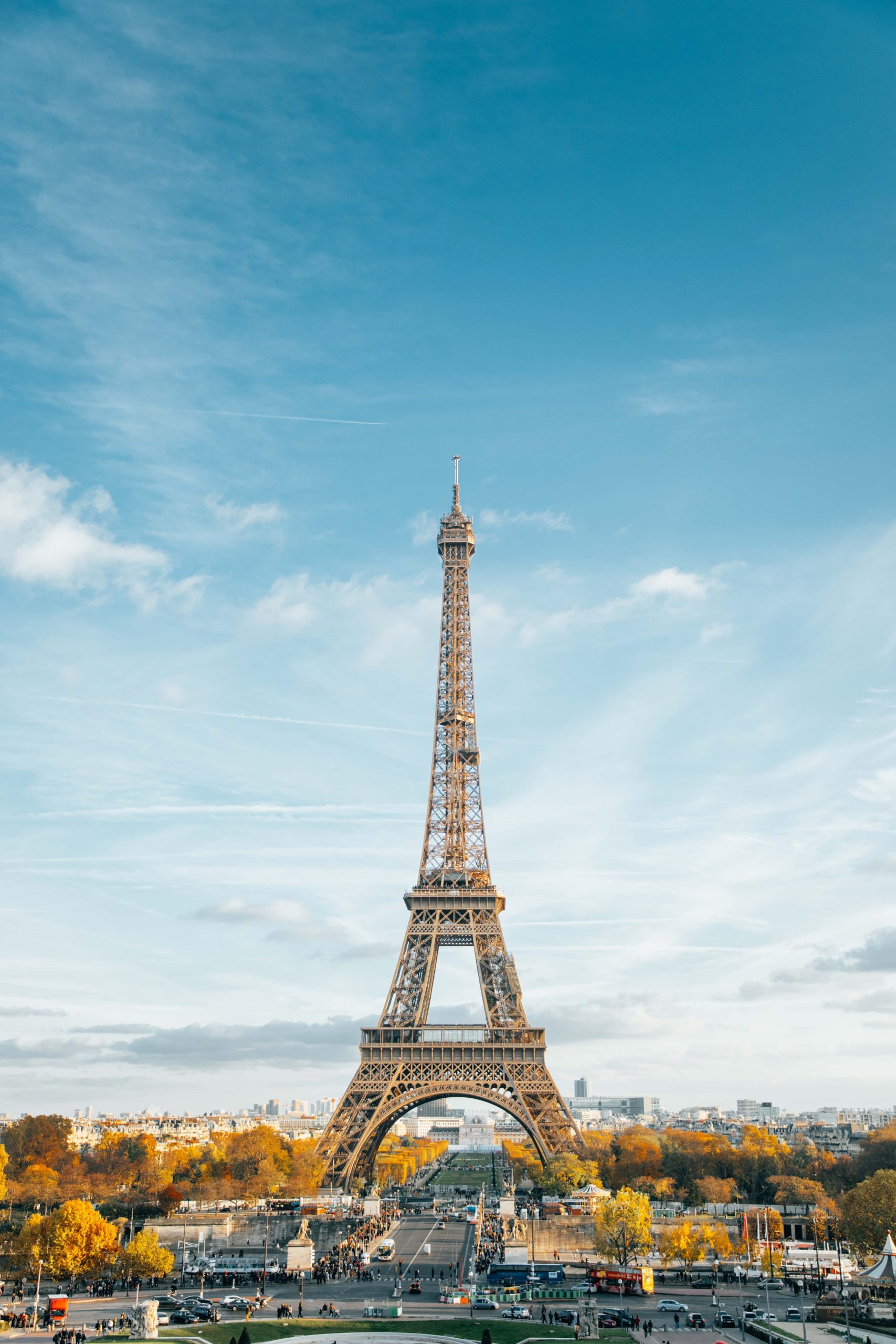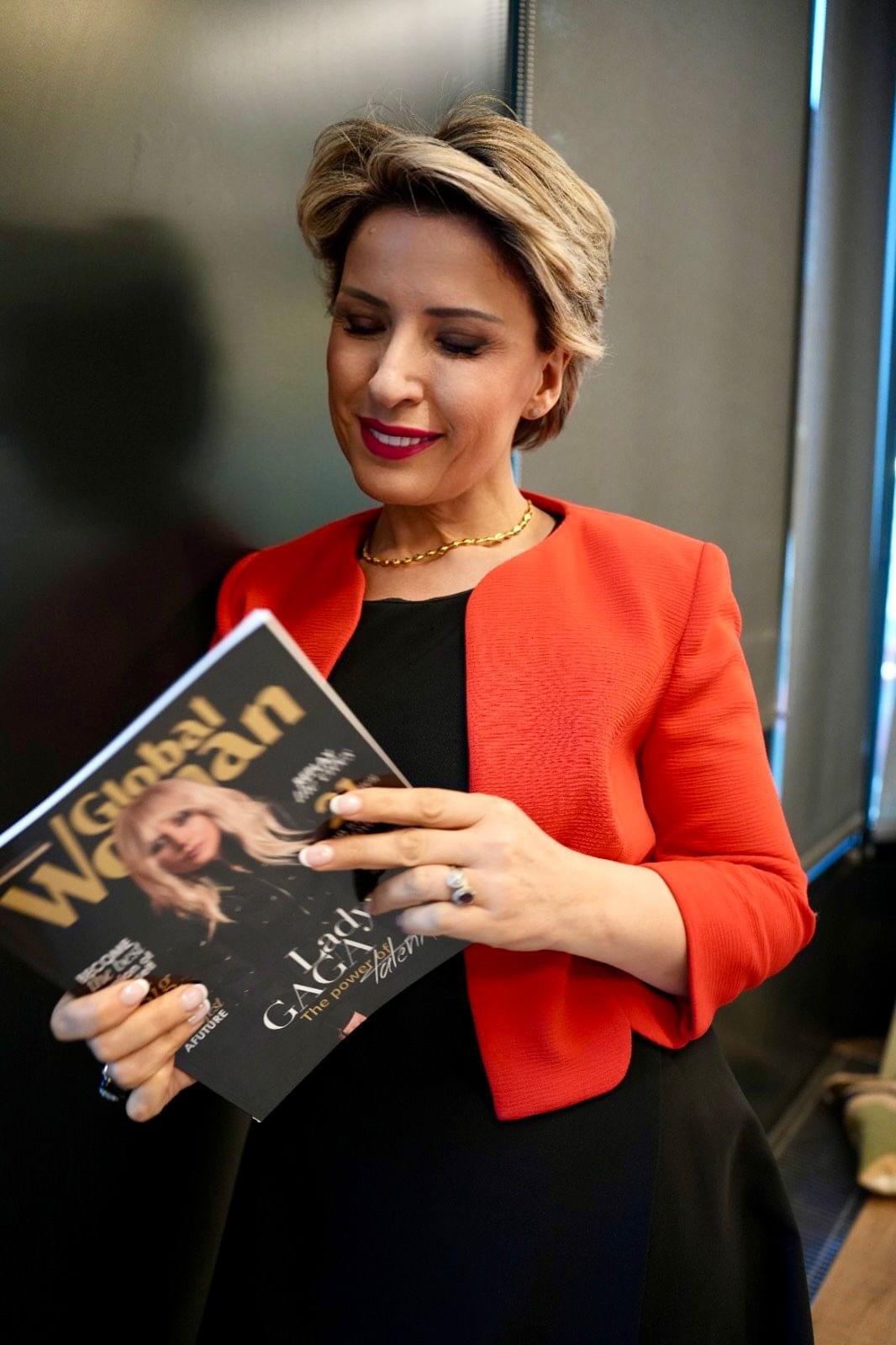3 women with the same mission!
By Mirela Sula
Three women with the same mission – To help other women!
Pamela comes from New York, Sarah from Scotland and Alessandra from Italy: three women from different places of the world. They all came to London with the same mission: To help women who are in a bad place. How did they choose their career? What did they learn on this journey while supporting other women?
We meet them while working for three different organisations but with the same purpose. Pamela from Hestia, Sarah from Evelyn Oldfield and Alessandra from Praxi, share with us not only their stories but what motivates them to create a story for other women as well.
What made you choose your path and your career?
Pamela: I visited a women’s prison during an internship I undertook post-graduation, and through my discussions with the inmates it appeared that they were all there for reasons that were out of their control, and in some cases through crimes that were forced upon them as opposed to of their own mind. This injustice opened my eyes to the challenges women faced, igniting in me a powerful flame that still rages on. One of my first positions was working as a case manager for the Manhattan family court, which only helped fuel the flame within me to end violence against women and children.
Sarah: I wasn’t sure what I wanted to do for many years. When I first left university, I got involved in volunteering to support Iraqi refugees who had been dispersed to Glasgow. There had been some racist incidents and I was appalled, and felt compelled to support the new arrivals. I worked with a family teaching English to the wife. I remember it very vividly. They were in a tiny flat in cramped conditions. At first, they were all very uncertain of me but I went over many months and developed a strong relationship with them. I learnt a lot about the reality of life for asylum seekers through this. I then went on to work in the charitable sector – lots of front line support services, including for women, before starting this second tier role that I am now in.
Alessandra: I did not choose to work with women. It happened spontaneously and I am very glad about that. Everything started when I asked to be a volunteer at the local NGO and they asked me to cover a part-time position for supporting survivors of trafficking. I did not have any idea that we had supported houses and projects for victims of trafficking in my little town. Since that experience I knew it was the right path for me.
What was your dream profession when you were a child?
Pamela: I was fortunate enough to experience the diverse cultures of both New York, and Honduras where I spent most of my childhood. The fond memories of freedom and beauty within Honduras fill my heart with joy; in particular the accents and smells of the local cuisine will stay with me always. Sadly things there today are not as I remember them. I remember as a child marvelling at the advancements in technology, in particular the birth of the computer age and seeing the first video game. The 80’s became a real interface between life as we know it today, and the dreams of tomorrow which at the time appeared to be no more than science fiction. I was very popular at school, and remember during the third grade having a teacher who was extremely passionate about astronomy, who also organised stargazing nights which I thoroughly enjoyed! It was on one of these nights that I remember thinking – I will be an astronaut!
Sarah: I grew up in a village in the Highlands. I changed my mind a lot – it went from being banker, to a teacher, to working with children, to a politician, to a photographer – the list goes on.
Alessandra: My dream profession was to find any job that allowed me to travel all over the world. I did not have any particular one in mind, just airplanes and maps.
How much have you changed since then?
Pamela: I’m not sure that I feel as differently to when I first went to university, but I notice how far I’ve come when I mentor someone who is younger and trying to start their own journey through life. It’s as though I’m talking to my younger teenage self, advising her through wise eyes while still feeling as though that teenager I knew is still within me.
Sarah: I am on a career trajectory. I know that I will always be involved in charitable work and work with women now. My mother was always very supportive of others and charitable, doing lots of volunteering work and I guess I took this from her. More than this, we had some tough times growing up and relied on the state for support. We ended up being a single parent family with four children. I recognise from this that life is tough for many families. This is probably where my sense of social justice comes from and why I want to work with women.
Alessandra: Definitely, I have travelled the world and not just for work. I did not expect at all to work for NGOs and supporting trafficked women and survivors of domestic abuse. I have been very lucky. I could not even image my life differently.
My mother was always very supportive of others and charitable, doing lots of volunteering work and I guess I took this from her – Sarah Menzies
What has this work with women taught you?
Pamela: It has taught me to have strength and faith in the future. The women that we work for are some of the most resilient and admirable women you will ever come across. Being a victim of domestic abuse, and relaying their personal story, speaks volumes on their and our ability to heal and move forward. Throughout my career I have, and currently work with women who have been survivors and return each day to listen to their own story being repeated, but their wish to help drives them on. To all of them (you know who you are) I admire you deeply for that commitment.
Sarah: The two things that first sprung to mind are how resilient women are and the power of women-only spaces. However, there are also some negatives. I know how tough life can be for women; I have more of a much deeper knowledge on the different complex drivers that prevent women from leading the lives they would have wanted. I have learnt a lot about domestic violence and abuse, harmful practices and the challenges of migration. I have been exposed to some really terrible and heart-breaking accounts of women’s lives. To end this section on a positive note, I have also seen extraordinary women who are real change makers – women who have had a very tough time but turned this into a project, so they can support other women who may not be as far along the project as them. It’s very inspiring and powerful. They do this with or without funding.
What is your message for women who suffer domestic violence?
Pamela: Talk to somebody. Isolation is one of the biggest issues that a woman suffering domestic abuse can face. Talking to others in many cases can give us the strength needed to make important decisions. In addition I would advise them to seek specialist support – just a conversation with a specialist worker might bring clarity to their situation. On occasion I will meet ex-clients, who tell me how their lives have changed for the better since leaving the refuge and receiving support. I would add that experiencing domestic abuse might seem like a tunnel with no end, however there is light at the end of it, and in the majority of cases women recover well and get on with their lives. A message of hope is always important.
Sarah: They will have lost their self-esteem and sense of self and be worn down but they need to try and break the cycle – to access all the support they can get – from friends, family, charities, government. There are some amazing projects out there who know exactly what you are going through. From all the work I have done on this, I know how impossible this may seem but you deserve a life free from this darkness.
Alessandra: I heard very painful stories and I saw many tears in women’s faces. They taught me how strong women can be in front of poverty, conflicts, exploitation and discrimination. Many of them learnt how to survive in a hostile environment. There is always an end but always a start point as well. You cannot always decide your life but definitely you can decide to improve it and fight for a better future. It is not easy but women always find a way to get the best for them and for their children. We are fighters.
It is not easy to understand being a victim of domestic violence because you love the person who abuses you. It takes time before making a decision to leave the abuser. Leaving that perpetrator is also the most dangerous moment for a woman. My message would be that they are not alone. Nobody deserves to be abused. Violence is not tolerated. Violence is not just physical but also financial, emotional, psychological and sexual. The abuser decided to use the violence to have power and control over the woman. They can control perfectly their actions. It is not the woman’s fault and they should not feel guilty for having loved somebody who does not deserve it. There are professionals that can help them in all the ways, they just need to feel ready and ask for support.
I believe that while each of us carries inside us the spirit of our homeland, we adapt to the place that we live, integrating until we are no longer strangers but key parts of the community as a whole – Pamela Zaballa
How do you feel about living and working in London after many years since coming from your country?
Pamela: I never expected to live and work in London. However, London has been a great place to develop professionally and raise a young family. I live in Surrey and that allows me to have the best of both worlds – the quiet of suburbia as well as the excitement of city life. I believe that while each of us carries inside us the spirit of our homeland, we adapt to the place that we live, integrating until we are no longer strangers but key parts of the community as a whole.
Sarah: I love London’s vibrancy and the fact that I work with people from all over the world. I do miss home and perhaps I’ll end up there but for now, I am on a mission! London is the place for this.
Alessandra: London is a melting pot of cultures and people. It seems to be around the world. I understood that I don’t have to go faraway for helping women and children. I feel like a world citizen. London gives you a lot professionally and personally. I love doing my little part on my own community here. This makes it feel part of something bigger. I found amazing UK legislation in terms of protection for survivors of domestic violence and trafficking. In addition, there are amazing services and good organisations for where to get help. It is great to be here and learn all of this.
It is not easy but women always find a way to get the best for them and for their children. We are fighters – Alessandra Rossi
Where do you see yourself after ten years?
Pamela: I would love to say in another area of work, as domestic abuse has been eradicated. However, until that day I will continue working hard to change attitudes and support women in need. I therefore see myself continuing with the vital work supporting women and children, promoting campaigns such as ‘Hidden Child’ which we are currently publicising in order to provide children access to specialist support services.
Sarah: Heading up a charity? I will still be working with women – once you have been exposed to some of the things we have in this sector, there is no going back. I feel compelled to always work to support vulnerable women.
Alessandra: I would like to work for the European Commission and improve European policies for supporting women and children better in each European country and maybe opening some women’s refuges in Italy, following the English example.
About the 3 women!
Pamela Zaballa, Head of Women and Children’s Services at Hestia. Pamela started working with domestic abuse victims in Manhattan Family Court as IDVA case manager. In the UK, she held several roles as services manager and senior manager for a national provider of domestic abuse services.
Sarah-Jane Menzies has been working with the Evelyn Oldfield Unit for seven years, most recently on the Supporting Women Project. This has been set up to build the capacity of third sector refugee and migrant groups to tackle issues of gender violence and trauma.
Alessandra Rossi attended the University of Padua and got a Bachelor’s degree in Political Science and a Master’s degree in human rights. She worked as refuge worker for victims of domestic violence and forced marriage and now works as a Gender-Based Violence Project Worker for victims of trafficking and domestic abuse at Praxis Community Project.









